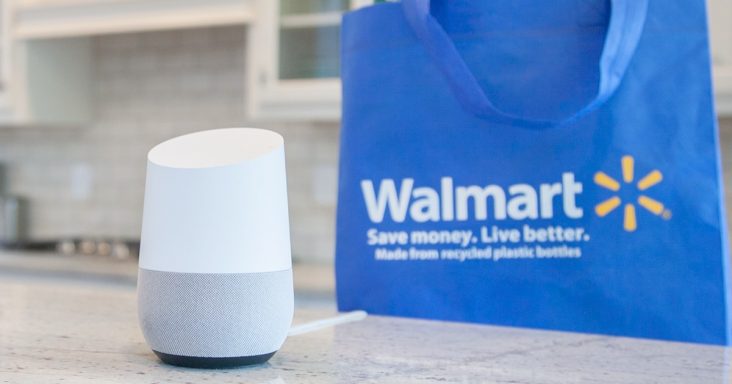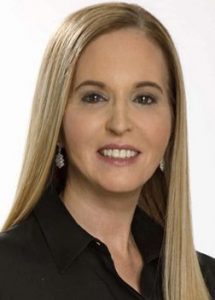Coresight Research: Voice-shopping retail market expected to grow 78% in U.S. by 2022
by December 5, 2018 2:40 pm 533 views

While voice-activated commerce is still only about $2 billion of the total U.S. retail spend, the segment is poised grow to $40 billion by 2022, according to OC&C Strategy Consultants. Deborah Weinswig, the CEO and founder of Coresight Research, reported Wednesday (Dec. 5) the voice-shopping market is predicted to grow at a compound annual rate of 78% in the next four years.
She said while smart speaker sales are growing at a 31% clip, more than 50% of voice shopping is done through smartphones. A Statista survey estimates there are roughly 238 million smartphone users in the U.S. Weinswig said those are potential voice shoppers in the near-term.
“Recent advances in artificial intelligence (AI) have increased the accuracy of speech recognition programs to an almost-human level,” Weinswig said. “Smart devices can now comprehend and follow even complicated instructions such as ‘tell a joke.’ With AI-powered personal assistants, also called intelligent personal assistants [IPAs], consumers can purchase items by just speaking to their devices, without having to log in and check out each time they shop. For instance, Alexa can utilize Amazon’s marketplace and the massive Amazon Prime membership base to complete the transaction on smart devices.”
She said using IPAs with voice recognition capabilities allows users to purchase items by simply speaking into their devices. She said the simplistic way of shopping is bound to resonate with more consumers over time.
OC&C Strategy Consultants estimates the U.S. voice-shopping market is about 0.5% of the $420 billion e-commerce market. Over the next four years, they, the company expects that share to be 5.5% of a $730 billion online retail sales market.
In an attempt to compete against Amazon, Google has been partnering with retailers across the country since 2017 to promote voice shopping. Google Home users can order from Costco, Walmart, Whole Foods and Walgreens via Google Express. Google Home Hub also partnered with Sephora on beauty tutorials which shoppers can activate via voice command.

The majority of sales generated using voice currently are done via Google Home or Amazon Alexa devices. Weinswig said it’s still a tiny market overall. As of August, just 2% of owners of Alexa-enabled devices had used it for shopping, according to a report from The Information website.
The voice-shopping market is small and while there is tremendous growth expected, Weinswig said there are a number of challenges for retailers and shoppers. She said the absence of visual information and intermediation of the shopping process, which is controlled by the tech firm, are the two main challenges.
“Retailers will likely struggle to get shoppers to build larger basket sizes through voice,” she said. “By removing the traditional browsing process, voice limits retailers’ abilities to drive incremental purchases, complementary purchases and trading up to more expensive items. Respondents will typically ask for what they are looking for and just buy that (or add it to their basket). Smaller baskets have less favorable economies of scale, especially when it comes to shipping.”
Weinswig said the absence of browsing and comparison options means shoppers are likely to use voice to buy specific brands, removing other options.
“This funnels shoppers into making repeat purchases of the same brands, disrupting the traditional shopper-retailer relationship, in which the retailer seeks to curate brands for the customer,” she said. “Similarly, the inability to showcase a number of product options to shoppers prevents retailers from encouraging shoppers to switch to more profitable alternatives, notably private labels.”
Weinswig said shoppers who use voice have to choose products without seeing them. They may also have less confidence when buying via voice because of the absence of visual because it’s difficult to double check the quantity or flavor of the product ordered — let alone choose something as complex as an item of clothing.
